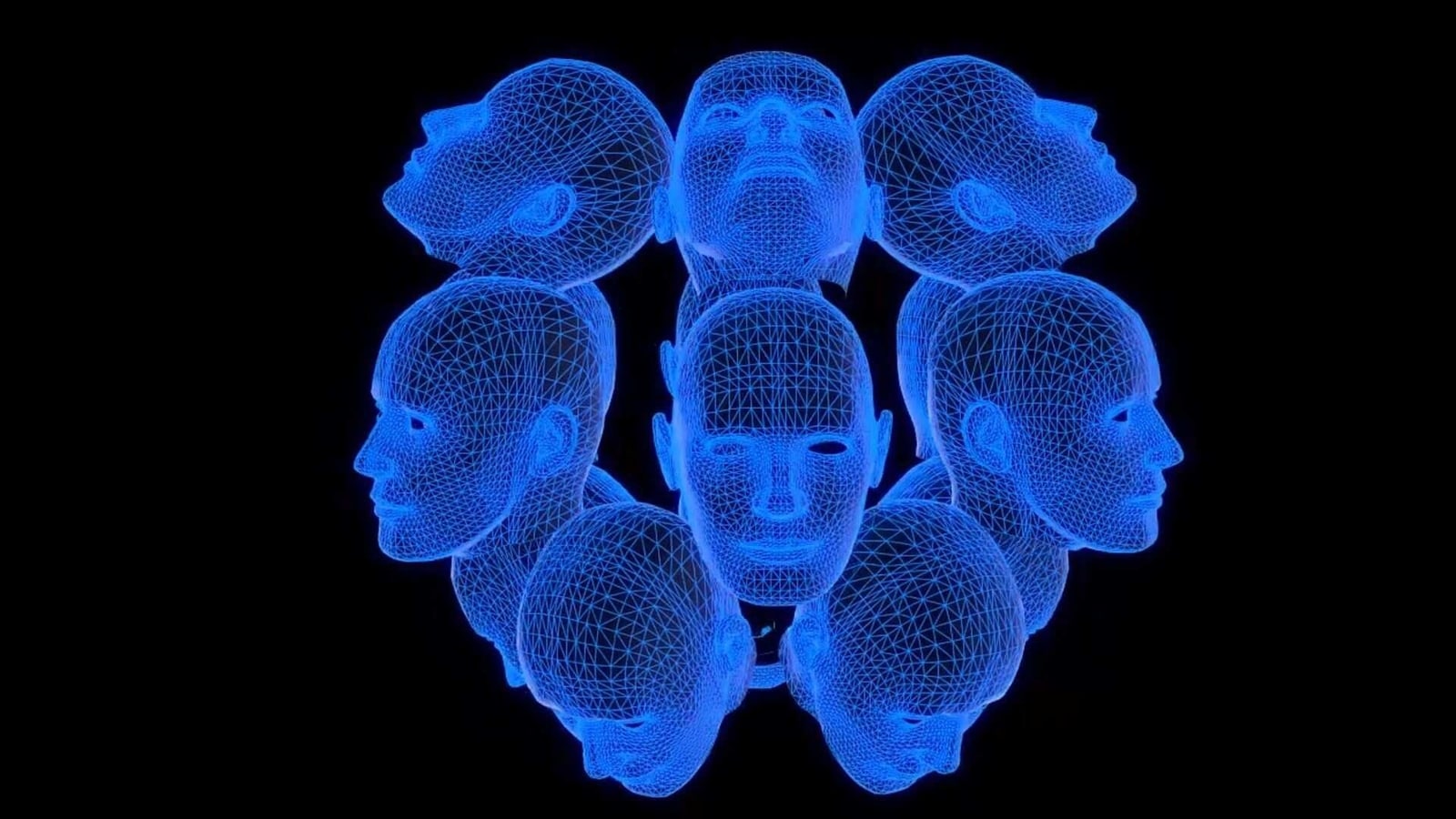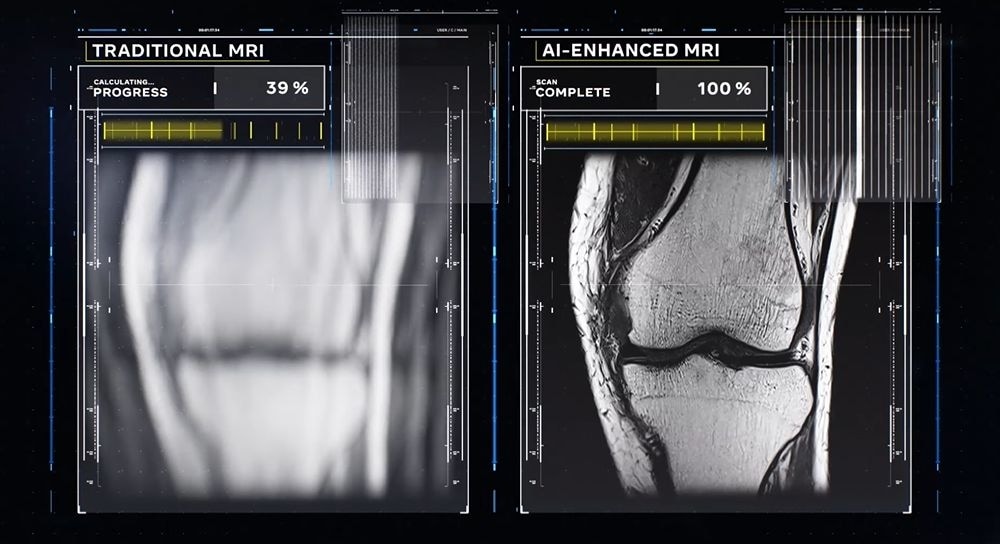Facebook, NYU researchers use AI to speed up MRI scans
In what is being considered a breakthrough in medical imaging, Facebook and NYU researchers have developed an AI-based mechanism to snap magnetic resonance images.

Researchers at Facebook and New York University have come up with a new AI-based mechanism to reduce the time taken to capture magnetic resonance images. A faster process is said to make it much easier to use magnetic resonance imaging, MRI. These may also help young children and others who face difficulties staying for a longer period inside the traditional cylindrical tubes for scanning.
The mechanism is part of a collaborative project known as fastMRI between radiologists at NYU Langone Health and Facebook AI research team, known as FAIR. Researchers successfully figured out a way to train a machine learning model using low-resolution and high-resolution MRI scans. The model then helps predict what the final MRI scans may look like. The result is based on much lesser input data, subsequently making the process much faster.


Researchers said that a faster scanning could help expand access to MRIs by helping a higher number of patients from each machine. They are also confident that the breakthrough could help encourage doctors to use more MRIs in place of X-rays and CT scans for some cases.
ALSO READ: Majority of firms, executives see value in AI-skills combination, says Microsoft research
“Following fastMRI's previous releases of the largest-ever data sets of knee and brain MRIs complete with k-space data and our launch of the fastMRI image reconstruction challenge, we are now publishing our work and sharing our model code on GitHub. Sharing this suite of resources reflects fastMRI's mission to engage the larger AI and medical imaging research community rather than to develop proprietary methods for accelerating MR imaging,” said researchers in a post.
Catch all the Latest Tech News, Mobile News, Laptop News, Gaming news, Wearables News , How To News, also keep up with us on Whatsapp channel,Twitter, Facebook, Google News, and Instagram. For our latest videos, subscribe to our YouTube channel.































